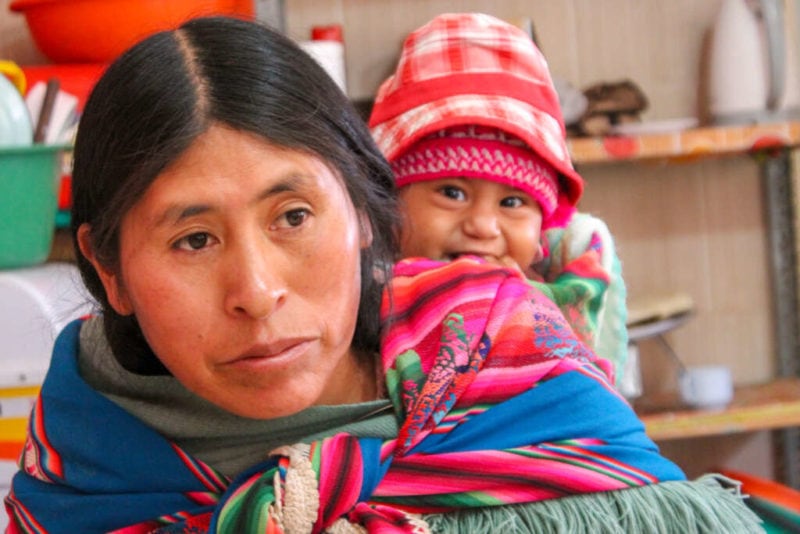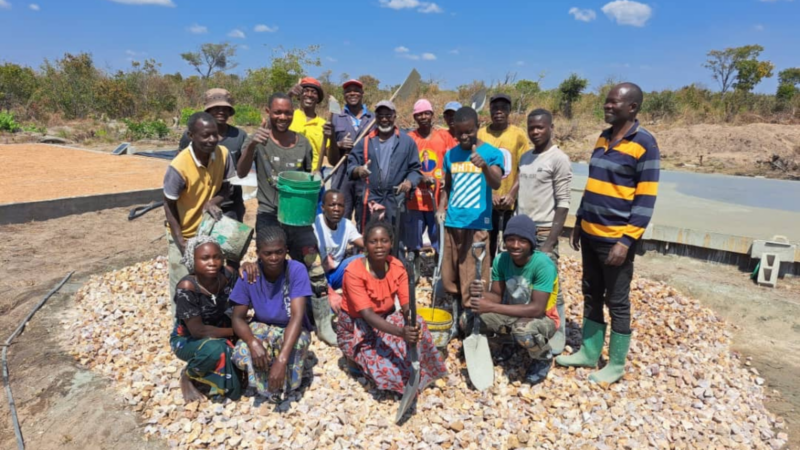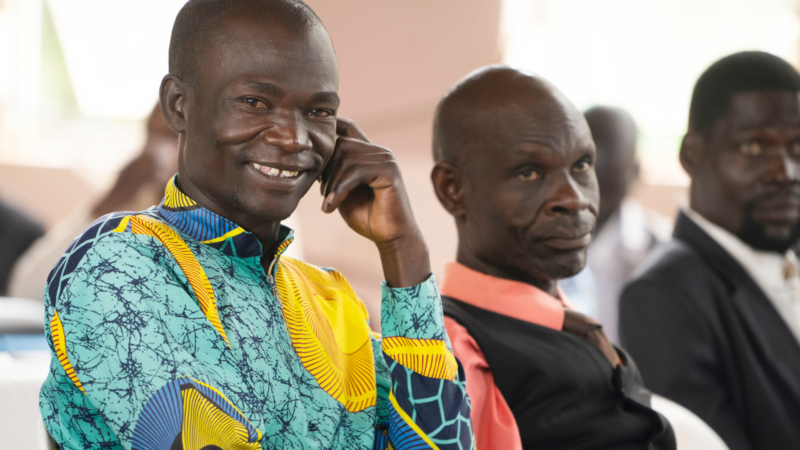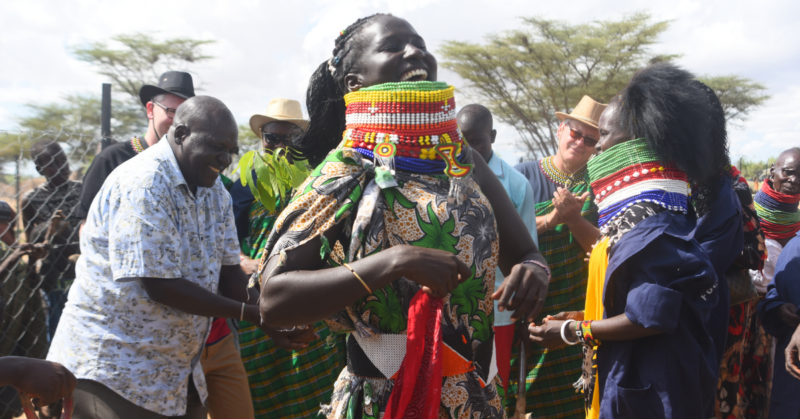This week in Bolivia
Bolivia is ending its 5th week of quarantine, and as of Tuesday, April 21, there are 598 confirmed cases in Bolivia, of which 34 have died and 37 have recovered.
Because cases have not decreased, but increased, the government has extended its complete quarantine until April 30. Next week the situation will be re-evaluated to determine if it’s possible to relax the quarantine in specific places and sectors of the economy.
To lessen the pandemic’s economic impact on families, the government is increasing economic support measures for the population. Two weeks ago, it was decided to give bonuses to people over 65 who do not receive retirement, mothers of children under age two, people with disabilities and families with children under 14 years old in the public schools. Now an additional bonus will be added for people over 18 who do not receive a fixed salary and do not have contributions for their retirement.
Food security
Bolivians typically eat the same foods each day, and those foods are determined by the region where they live. The quarantine has led to a reduction in family income and resulted in food provision becoming a critical issue for many.
High Plateau
In the Bolivian high plateau (El Alto, Oruro and Norte Potosí) there is a lot of potato production. The potato and its dehydrated variety (which in Bolivia is called chuño) are not lacking in Bolivian homes. Low-income families eat boiled potatoes with salt every day and that is the basis of their diet, to which they add chopped onion and egg when finances make this possible.
After potatoes, the most consumed foods are rice and noodles. Milk and its by-products are rarely consumed, beef is a luxury, chicken meat is more accessible, but it is rarely consumed. Due to the aridity of the land and the cold weather, there are very few vegetables or fruits.
The churches from the Bolivian high planes prepare grocery baskets consisting of 4.5 pounds of noodles or rice, 1 liter of oil, about 2 pounds of sugar and about 2 pounds of flour. It is something that a family of 5 consumes in approximately one week.
Valley Regions
In the valley regions (Cochabamba, Vallegrande and Sucre), the climate favors the harvest of fruits, vegetables and livestock. The Bolivian valleys are the regions least affected by food scarcity, but there are still families in need of help, especially in the neighborhoods on the outskirts of the cities where people do not have land to cultivate, access to water or information about the economic support that the government is giving.
Amazon Regions
In the Amazon regions, rice, plantains and cassava are produced. A disadvantage of this area is that indigenous communities are in areas of difficult access, and due to its proximity to Brazil, most of the food that was consumed came from that country. Unfortunately, Brazil has completely closed its borders, and the population has been left without the main source of food and cleaning supplies. Every day it becomes more difficult to find soap, detergent or bleach.
The price of Brazil nuts fell by 40%, which has greatly reduced the purchasing power of its inhabitants, who depend on Brazil nuts and commerce. There, people who have hunting and fishing skills have started bartering their hunted goods for rice and cassava.
Churches in the region are supplying families with baskets consisting of 2 liters of oil, a little over a pound of sugar, close to 4.5 pounds of noodles, 2 cans of sardines, tea, soap and bleach.
The impact of the coronavirus on Bolivia’s Christians
Easter in Bolivia
Easter is a very important celebration for faith-filled Bolivians. The Catholic church organizes massive processions in almost every city, and the Evangelical church holds large united services on Sunday morning to celebrate in unity the resurrection of Christ.
Since quarantine measures were not lifted for these festivities, the creativity of the churches came to light. The military, with strong Catholic ties, took images of the crucified Christ and carried them on patrol cars throughout the streets of the main Bolivian cities.
The Catholic church in Cochabamba allied with the military and flew over the city in a helicopter from which a priest sprayed holy water down on the city. Not to be outdone, acting President Janine Añez asked Pastor Moisés Rosales, leader of a megachurch in Santa Cruz, to do the same, flying in a helicopter over Santa Cruz and La Paz along with a team of intercessors, to bless the cities.
These measures were widely criticized by the non-believing segment of the country.
Most of the evangelical churches organized teachings and prayer about Easter online. On Easter Sunday, social media was filled with live broadcasts, videos, music, posters, and other ways to celebrate the resurrection of Jesus. It was not a typical Easter in Bolivia, yet the resurrected Christ was celebrated and that’s what matters most.
How do churches reach those who can’t get online?
Approximately 70% of families in Bolivia have at least one smartphone, which allows communication by WhatsApp, a popular app for phone calls and chat. Churches are using WhatsApp to connect with the families they serve and with the members of the churches.
Those that do not have smartphones are contacted through landlines or through their neighbors. Churches that host school support centers or soup kitchens are staffed by pastors, who are given permission to walk the streets and visit neighbors.
Starting next week, Bright Hope partner churches will increase their services towards those with the greatest needs. Permits are being processed so that church members can mobilize with large amounts of food. This will also allow for more contact between churches and the community
Please pray for Bolivia
- Pray for those with insecure food supplies to get the provisions they need.
- Pray for pastors and churches to reach those in need.
- Pray for those in areas of leadership to make wise and sound decisions for their country and its people.
- And pray for those infected with the virus, that the Lord would bring health and healing to the sick and prevent the spread of COVID-19 in Bolivia.
Read more about how COVID-19 is touching the lives of Bolivians




